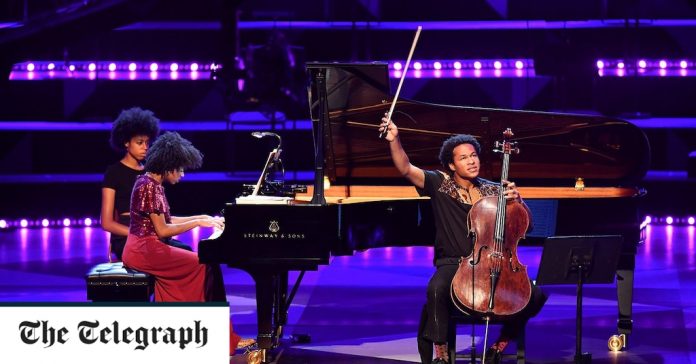The spectrum of influences on today’s composers expands with increasing musical horizons. I often think whether this breadth makes composing more difficult or more rewarding in today’s world. In the end, I admire every composer who has an imagination that makes me wonder who can conjure up sounds out of the air and formulate them so that they transform the raw materials of the world around them into living, breathing music – like Leonardo there Vinci put it so long ago: “Shaping the invisible”.
There is a central dilemma for the classical music tradition. It has quickly moved from a privileged position in society to one where it rightly takes its place alongside pop music, world music, underrepresented voices and peoples, and a wide range of alternative mass entertainment. It now interacts with many other pieces of music in our culture that have the same status, attention, and in many cases a far higher crude market value.
As a result, we don’t have to fear that classical music is a non-populist pursuit, but we have to be careful and constantly argue against its being written off as irrelevant. The craft, learning and benefits of musical education are undeniably positive in terms of what they bring for individuals and society, as has been repeatedly demonstrated over the years: the question now is whether the base of that education expands sufficiently can be made to reflect today’s culture.
One of the great wonders of live music making is that thousands can gather to share music in a large concert hall, opera house, or religious space, but we will all hear it slightly differently and respond to it personally. That is why I believe that the collaborative live experience of music, even if it is interrupted by war, social change or a pandemic, will endure and flourish in the future, enhanced and enhanced by the digital experience.
I do not consider it an illusion that we are connected by such events. I believe that making music and listening is one of the few moments in life when the balance between the individual and the community, an individual person and our connected humanity is most deeply achieved. Therefore, the act of making music and actively participating in responding to music will never die, regardless of what people describe as music, whatever music they want to hear. It is one of the essential, elementary things that make us who we are.
Nicholas Kenyon’s The Life of Music: New Adventures in the Western Classical Tradition is released tomorrow by Yale University Press for £ 19.99. £ 2 from the sale of each book will be donated to the Help Musicians charity

